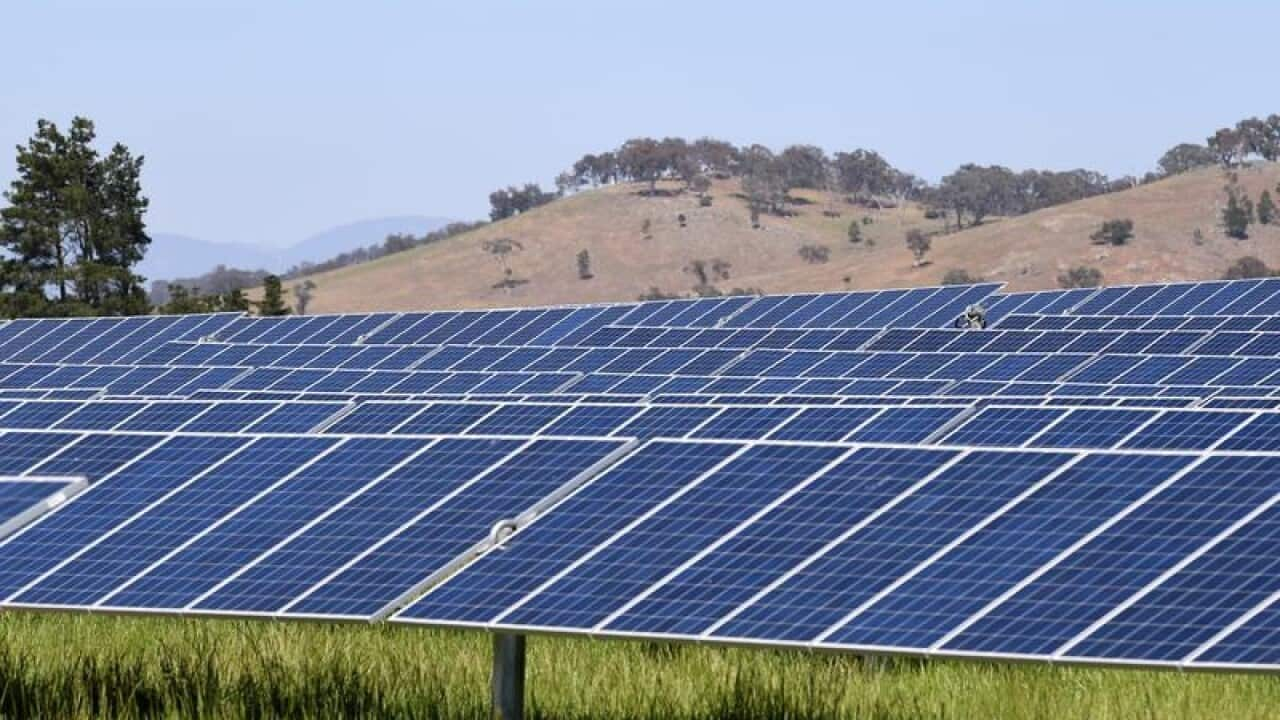Australian business could stand to make billions from climate-related investments but they'll need the right government frameworks to help it happen.
Two new reports highlight the huge economic potential as countries around the world act to mitigate climate change.
The global market for climate solutions - including renewable energy, sustainable transport, efficiency measures for buildings, and urban waste and water management - is already worth more than $1 trillion, says the Washington-based International Finance Corporation, which invests in projects that reduce poverty and promote development.
Its new report, released on Thursday, highlights the opportunities in Australia's region, such as the need for off-grid and small solar energy systems in Pacific Island nations.
"Small islands are becoming an attractive market for distributed solar and storage mini-grids - largely driven by the need for small islands to reduce their over-reliance on imported petroleum products," the IFC says.
Chief executive Philippe Le Houerou says business holds the key to fighting climate change but it needs help.
"The private sector has the innovation, the financing, and the tools," he said on releasing the report.
"We can help unlock more private sector investment, but this also requires government reforms as well as innovative business models, which together will create new markets and attract the necessary investment."
Meanwhile, the Carbon Market Institute has released a roadmap for what governments can do to encourage Australia's domestic carbon farming industry.
It believes a proper framework could lead the sector to bring between $10.8 billion and $24 billion and tens of thousands of jobs to regional areas by 2030.
"Indigenous employment, increased farm productivity, water quality management and regional employment are all examples of the co-benefits carbon farming projects deliver," chief executive Peter Castellas said.
He says the basics are in place, so with a clear policy framework to drive private investment it should be easy to scale up the sector.
The institute's roadmap identifies the key actions for government, finance and industry, the land sector, and carbon market services to fully develop the potential.
Share

